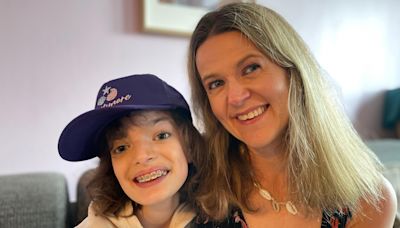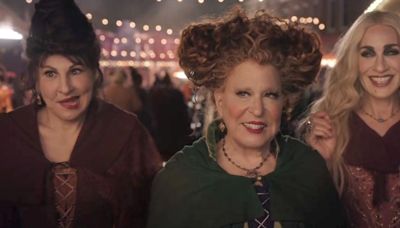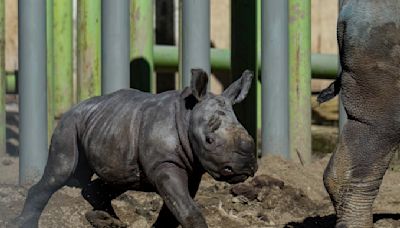Search results
Hannah More (2 February 1745 – 7 September 1833) was an English religious writer, philanthropist, poet, and playwright in the circle of Johnson, Reynolds and Garrick, who wrote on moral and religious subjects. Born in Bristol, she taught at a school her father founded there and began writing plays.
Hannah More was an English religious writer, best known as a writer of popular tracts and as an educator of the poor. As a young woman with literary aspirations, More made the first of her visits to London in 1773–74.
- The Editors of Encyclopaedia Britannica
Hannah More. 1745–1833. Alamy. A British playwright, abolitionist, and philanthropist, More was born near Bristol. Her father, a headmaster, trained More and her sisters to be teachers. Hannah More’s father and older sisters founded a school when the girls were in their teens, and More taught there as a young woman.
Oct 26, 2002 · Anne Stott, Open University (UK) he Evangelical philanthropist Hannah More (1745-1833) provides an indispensable link between the Georgian and Victorian periods. Born just before the last Jacobite rebellion, she lived to see the beginnings of the railway age.
Hannah More (1745-1833) was a poet, playwright, anti-slavery campaigner and one of the most influential female philanthropists of the Age of Revolution. Seen by some as an early feminist, and others as an anti-feminist, she remains a controversial figure today.
Aug 8, 2021 · Born in the 1700s, Hannah More was the fourth of five daughters. Her family moved frequently due to her father’s occupation. As a result, Hannah and her sisters met a variety of people from different economic and religious backgrounds. This greatly influenced her later writing and philanthropic work.






